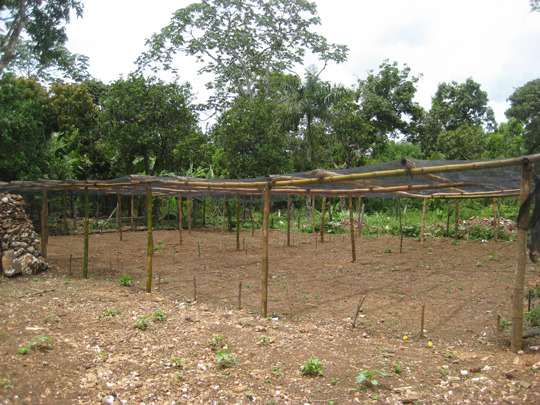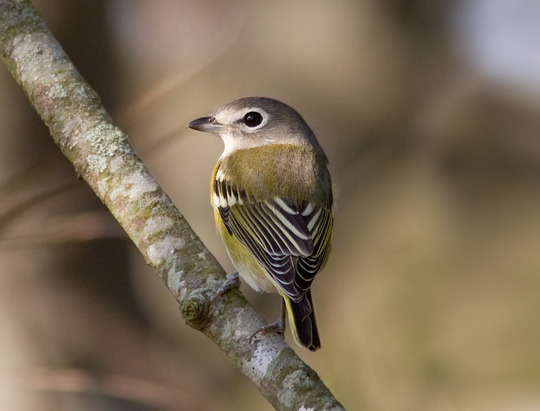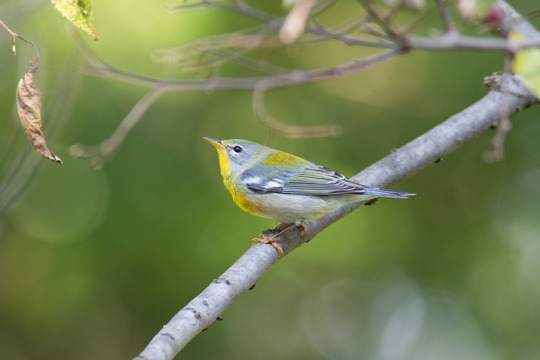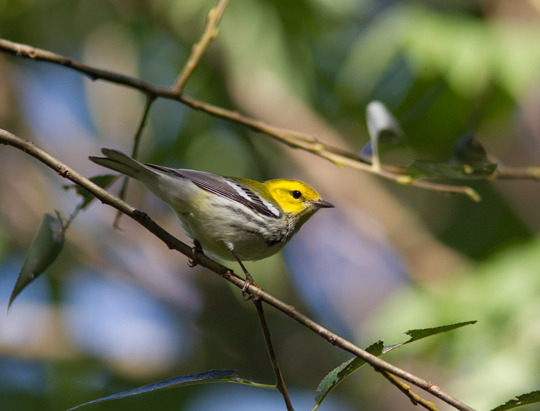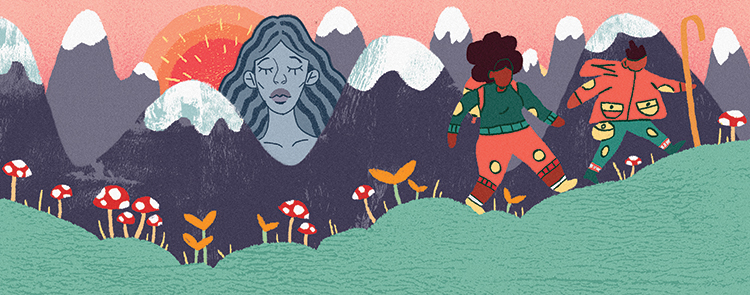How can you help local birds at breakfast? Think beyond the chickens that laid your eggs, and look at what’s in your coffee mug. Many of Philadelphia’s local birds spend their winters where I would if I had wings: in the lush forests of northern Latin America’s coffee country. Unfortunately, many of these migratory songbirds are in decline.
“One reason populations can decline is because of threats they are facing on their wintering range,” says Keith Russell, Philadelphia outreach coordinator for Audubon Pennsylvania, drawing the connection between our birds and where we get our coffee.
“Since a huge number of the bird species that spend time in shade-grown coffee plantations also occur in Philadelphia, it’s likely that many individual birds that occur in Philadelphia during the summer also occur in shade-grown coffee plantations during the winter,” he says, referring to the birds that pass through the city during migration or the breeders that spend the summer here.
Take the Common Yellowthroat, a warbler whose males sport a smart black mask above the namesake yellow. I often spot them in Philadelphia-area marshes during the summer. These little birds fly 2,000 miles to Central America when the chill of autumn makes their insect prey hard to find. The Yellowthroats could spend their winters in the same Nicaraguan bushes that produce the Birds & Beans coffee sold at Weavers Way Co-op in Mount Airy. The company sells single-source, Bird Friendly® coffees named after migratory songbirds.
Wild coffee originally grew (and still does) under the canopy of Ethiopian mountain forests. As the coffee bushes were cultivated across Central America and northern South America as a cash crop in the 1800s, growers reproduced the bush’s wild habitat by growing it under the local trees, making traditional coffee farms the “next best thing to a natural forest,” according to the Smithsonian Zoological Park Migratory Bird Center’s website.
But in the 1970s, growers realized they could harvest higher yields if they used pesticides and moved their crops from shade to sun. The result has been a shift over the last 40 years, with about half the shade-grown farms giving way to larger sun-grown operations that are more like crop fields than forests. Goodbye songbird habitat.
Luckily, there are a number of ways to support coffee growers who are supporting bird habitats. Researchers at the Migratory Bird Center, which documents the value of traditional coffee farms, created the Bird Friendly certification in 2000 as a way to support traditional farmers who might be tempted to shift to sun grown, according to Dr. Robert Rice, research scientist and head of the certification program. The certification means that a coffee farm has been found to use organic practices and maintains a forest-like sanctuary for migratory birds.
These certified farms can host staggeringly rich populations of songbirds. Scott Weidensaul, a naturalist and author who also works with Birds & Beans, reflects on the avian diversity and abundance on the certified farms. “In all my time birding, I have never seen neotropical migrants like I have seen in Northern Nicaragua—just huge mixed flocks moving through the forest.” He contrasted this with the sterility of sun-grown farms. “There is no such thing as cheap coffee,” he says. “The price is paid by the loss of bird habitat.”
West Chester-based roaster Golden Valley Farms also offers Bird Friendly coffees. These include familiar blends, such as French Roast, as well as a line of Bird Friendly Coffees, with labels that depict images of migratory beauties such as Baltimore Orioles and Rose-breasted Grosbeaks.
But Bird Friendly is not the only certification. There are at least six different certification programs, turning the coffee aisle into a confusing set of options. The Rainforest Alliance certifies sustainable coffee, based on social, labor and environmental criteria that include shade (although Rainforest Alliance does allow its shade-grown coffee to be up to 10 percent non-shade-grown). Equal Exchange, a big seller at Weavers Way Co-op and at West Philadelphia’s Green Line Cafes, is a fair-trade co-op that says 90 percent of its coffee is organic—and the majority of that is shade-grown—but it hasn’t asked its growers to apply for USDA Organic certification (a prerequisite for Bird Friendly) because of the cost. There’s also USDA Organic (another prerequisite for Bird Friendly); Fair Trade Certified; UTZ Certified (focuses on larger plantations, sort of a reaction to Fair Trade’s focus on small farms); and Carbon Free.
One company working to provide both good coffee and good habitat is La Colombe. The Philadelphia-based roaster works directly with farmers in Third World countries and handles certifications through their Strictly Earth Conscious program, which requires that its growers carry at least two of the six. La Colombe has worked with Brazilian growers to gain Rainforest Alliance certification and, COO Tobin Bickley says La Colombe has partnered with the Clinton Global Initiative to help Haitian growers expand their country’s shade-grown coffee industry while maintaining the farms’ value as wildlife habitat.
When asked how consumers should choose coffee that helps the city’s migratory birds, Brian Hart, La Colombe purchaser and avid birder, says that Bird Friendly is the most stringent environmental certification, but added that it is often the hardest to find. He recommended going with any certified, good-quality coffee. “If you buy cheap coffee, you can pretty much guarantee you are hurting the environment,” Hart says. Spend a little more money and attention, however, and you can help our local birds, even when they’re half a world away.
story by Bernard Brown, bird photos by Brian Hart, exterior photo by Tobin Bickley



